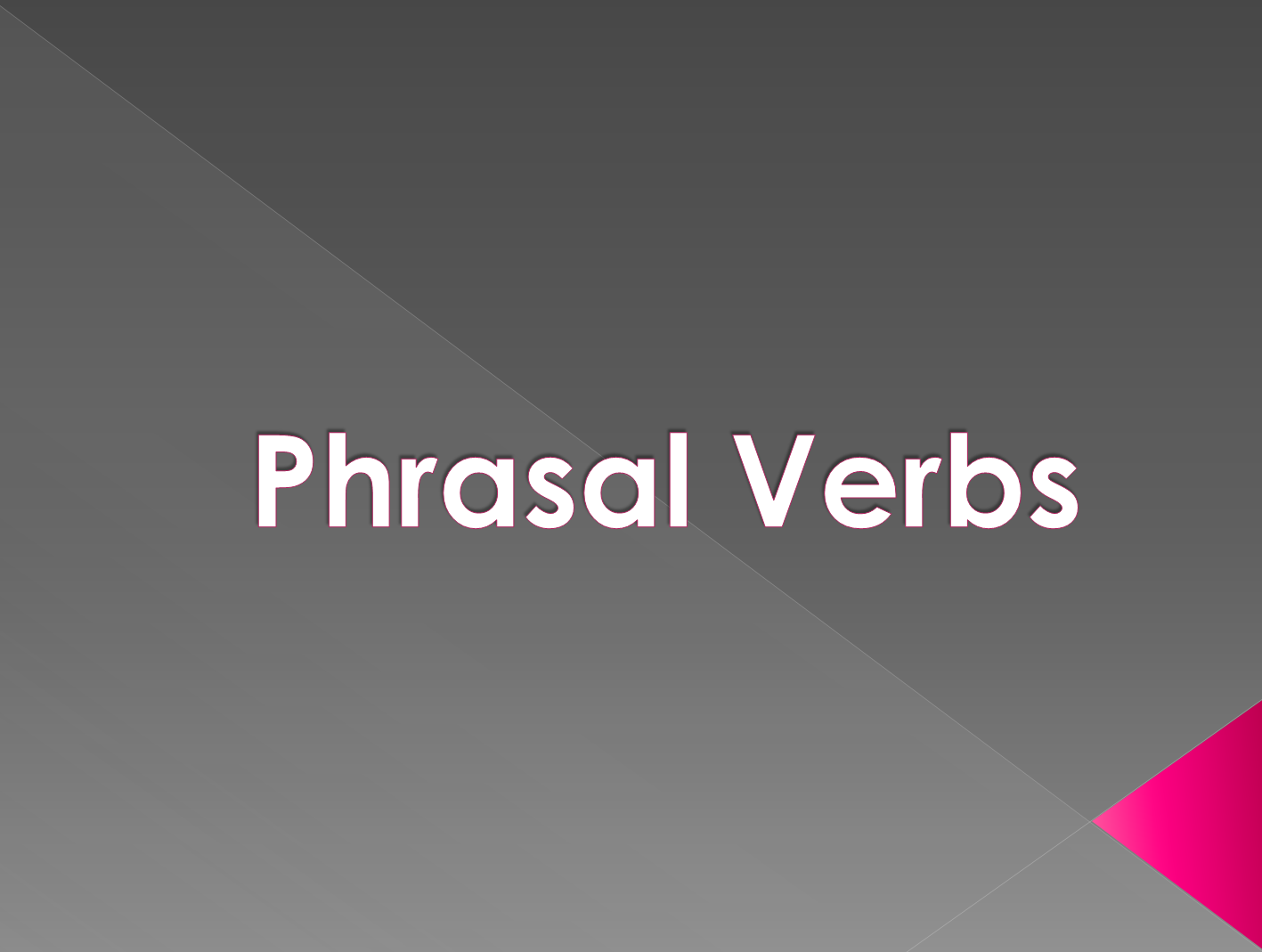
Some English words look the same, while others sound the same. Knowing the difference between these similar words can be very tricky. In this article, we have provided some of the most commonly confused English word pairs, with meanings for each and sentences showing them in context as an example.
- Accept/Except
- Affect/Effect
- Allusion/Illusion
- All Ready/Already
- Altogether/All Together
- Apart/A Part
- Ascent/Assent
- Breath/Breathe
- Capital/Capitol
- Cite/Sight/Site
- Complement/Compliment
- Conscience/Conscious
- Council/Counsel
- Elicit/Illicit
- Eminent/Immanent/Imminent
- Its/It’s
- Lead/Led
- Lie/Lay
- Lose/Loose
- Passed/Past
- Precede/Proceed
- Principal/Principle
- Their/There/They’re
- Quote/Quotation
- Reluctant/Reticent
- Stationary/Stationery
- Supposed To/Suppose
- Than/Then
- Who/Whom
- Through/Threw/Thorough/Though/Thru
- To/Too/Two
- Who/Which/That
1. Accept/Except
ACCEPT – to receive
Example: He accepts defeat well.
EXCEPT – to take or leave out
Example: Please take all the books off the shelf except for the red one.
2. Affect/Effect
AFFECT – to influence
Example: Lack of sleep affects the quality of your work.
EFFECT – to accomplish
Example: The subtle effect of the lighting made the room look ominous.
3. Allusion/Illusion
ALLUSION – an indirect reference
Example: The professor made an allusion to Virginia Woolf’s work.
ILLUSION – a false perception of reality
Example: They saw a mirage: that is a type of illusion one sees in the desert.
4. All Ready/Already
ALL READY – prepared
Example: Dinner was all ready when the guests arrived.
ALREADY – by this time
Example: The turkey was already burned when the guests arrived.
5. Altogether/All Together
ALTOGETHER – entirely
Example: Altogether, I thought that the student’s presentation was well planned.
ALL TOGETHER – gathered, with everything in one place
Example: We were all together at the family reunion last spring.
6. Apart/A Part
APART – to be separated
Example: The chain-link fence kept the angry dogs apart. OR My old car fell apart before we reached California.
A PART – to be joined with
Example: The new course was a part of the new field of study at the university.
7. Ascent/Assent
ASCENT – climb
Example: The plane’s ascent made my ears pop.
ASSENT – agreement
Example: The martian assented to undergo experiments.
8. Breath/Breathe
BREATH – noun, air inhaled or exhaled
Example: You could see his breath in the cold air.
BREATHE – verb, to inhale or exhale
Example: If you don’t breathe, then you are dead.
9. Capital/Capitol
CAPITAL – seat of government. Also financial resources.
Example: The capital of Virginia is Richmond.
CAPITOL – the actual building in which the legislative body meets
Example: The governor announced his resignation in a speech given at the capitol today.
10. Cite/Sight/Site
CITE – to quote or document
Example: I cited ten quotes from the same author in my paper.
SIGHT – vision
Example: The sight of the American flag arouses different emotions in different parts of the world.
SITE – position or place
Example: The new office building was built on the site of a cemetery.
11. Complement/Compliment
COMPLEMENT – noun, something that completes; verb, to complete
Example: A nice dry white wine complements a seafood entree.
COMPLIMENT – noun, praise; verb, to praise
Example: The professor complimented Betty on her proper use of a comma.
12. Conscience/Conscious
CONSCIENCE – sense of right and wrong
Example: The student’s conscience kept him from cheating on the exam.
CONSCIOUS – awake
Example: I was conscious when the burglar entered the house.
13. Council/Counsel
COUNCIL – a group that consults or advises
Example: The men and women on the council voted in favor of an outdoor concert in their town.
COUNSEL – to advise
Example: The parole officer counseled the convict before he was released.
14. Elicit/Illicit
ELICIT – to draw or bring out
Example: the teacher elicited the correct response from the student.
ILLICIT – illegal
Example: The Columbian drug lord was arrested for his illicit activities.
15. Eminent/Immanent/Imminent
EMINENT – famous, respected
Example: The eminent podiatrist won the physician of the year award.
IMMANENT – inherent or intrinsic
Example: The meaning of the poem was immanent, and not easily recognized.
IMMINENT – ready to take place
Example: A fight between my sister and me is imminent from the moment I enter my house.
16. Its/It’s
ITS – of or belonging to it
Example: The baby will scream as soon as its mother walks out of the room.
IT’S – contraction for it is
Example: It’s a beautiful day in the neighborhood.
17. Lead/Led
LEAD – noun, a type of metal
Example: Is that pipe made of lead?
LED – verb, past tense of the verb “to lead”
Example: She led the campers on an over-night hike.
18. Lie/Lay
LIE – to lie down (a person or animal. hint: people can tell lies)
Example: I have a headache, so I’m going to lie down for a while.
LAY – to lay an object down.
Example: “Lay down that shotgun, Pappy!” The sheriff demanded of the crazed moonshiner.
19. Lose/Loose
LOSE – to misplace or not win
Example: Mom glared at Mikey. “If you lose that new lunchbox, don’t even think of coming home!”
LOOSE – to not be tight
Example: The burglar’s pants were so loose that he was sure to lose the race with the cop chasing him.
20. Passed/Past
PASSED – verb, past tense of “to pass,” to have moved
Example: The tornado passed through the city quickly, but it caused great damage.
PAST – belonging to a former time/place
Example: Who was the past president of Microsquish Computers?
21. Precede/Proceed
PRECEDE – to come before
Example: Pre-writing precedes the rough draft of good papers.
PROCEED – to go forward
Example: He proceeded to pass back the failing grades on the exam.
22. Principal/Principle
PRINCIPAL – adjective, most important; noun, a person who has authority
Example: The principal ingredient in chocolate chip cookies is chocolate chips.
PRINCIPLE – a general or fundamental truth
Example: The study was based on the principle of gravity.
23. Their/There/They’re
THEIR – possessive form of they
Example: Their house is at the end of the block.
THERE – indicates location (hint: think of “here and there”)
Example: There goes my chance of winning the lottery!
THEY’RE – contraction for “they are”
Example: They’re in Europe for the summer–again!
24. Quote/Quotation
QUOTE – verb, to cite
Example: I would like to quote Dickens in my next paper.
QUOTATION – noun, the act of citing
Example: The book of famous quotations inspired us all.
25. Reluctant/Reticent
RELUCTANT – to hesitate or feel unwilling
Example: We became reluctant to drive further and eventually turned back when the road became icy.
RETICENT – to be reluctant to speak; to be reserved in manner.
Example: They called him reticent, because he rarely spoke. But he listened carefully and only spoke when he had something important to say.
26. Stationary/Stationery
STATIONARY – standing still
Example: The accident was my fault because I ran into a stationary object.
STATIONERY – writing paper
Example: My mother bought me stationery that was on recycled paper.
27. Supposed To/Suppose
SUPPOSED TO – correct form for “to be obligated to” or “presumed to” NOT “suppose to”
Example: They are supposed to arrive tomorrow.
SUPPOSE – to guess or make a conjecture
Example: Do you suppose we will get to the airport on time? When is our plane supposed to arrive?
28. Than/Then
THAN – use with comparisons
Example: I would rather go out to eat than eat at the dining hall.
THEN – at that time, or next
Example: I studied for my exam for seven hours, and then I went to bed.
29. Who/Whom
WHO – used as a subject or as a subject complement
Example: John is the man who can get the job done.
WHOM – sed as an object
Example: Whom did Sarah choose as her replacement?
30. Through/Threw/Thorough/Though/Thru
THROUGH – by means of; finished; into or out of
Example: He plowed right through the other team’s defensive line.
THREW – past tense of throw
Example: She threw away his love letters.
THOROUGH – careful or complete
Example: John thoroughly cleaned his room; there was not even a speck of dust when he finished.
THOUGH – however; nevertheless
Example: He’s really a sweetheart though he looks tough on the outside.
THRU – abbreviated slang for through; not appropriate in standard writing
Example: We’re thru for the day!
31. To/Too/Two
To – toward
Example: I went to the university of Richmond.
TOO – also, or excessively
Example: He drank too many screwdrivers and was unable to drive home.
TWO – a number
Example: Only two students did not turn in the assignment.
32. Who/Which/That
WHO – pronoun, referring to a person or persons
Example: Jane wondered how jack, who is so smart, could be having difficulties in Calculus.
WHICH – pronoun, replacing a singular or plural thing(s); not used to refer to persons
Example: Which section of history did you get into?
THAT – used to refer to things or a group or class of people
Example: I lost the book that I bought last week.
- Idioms and Other Expressions Used For Talking About ‘Work’
- What Are Weasel Words?
- Money and Finance – Test Your Knowledge
- Phrasal Verbs, Idioms and Other Expressions Using ‘CUT’
- How to Say Time in English
- Idioms and Other Expressions Used For Talking About Money
- Shopping and Consumerism – Match the Correct Name
- Phrasal Verbs – Choose the Correct Verb
- Currency Markets – Choose The Best Words
- Personal Qualities – Use the Best Nouns and Adjectives








